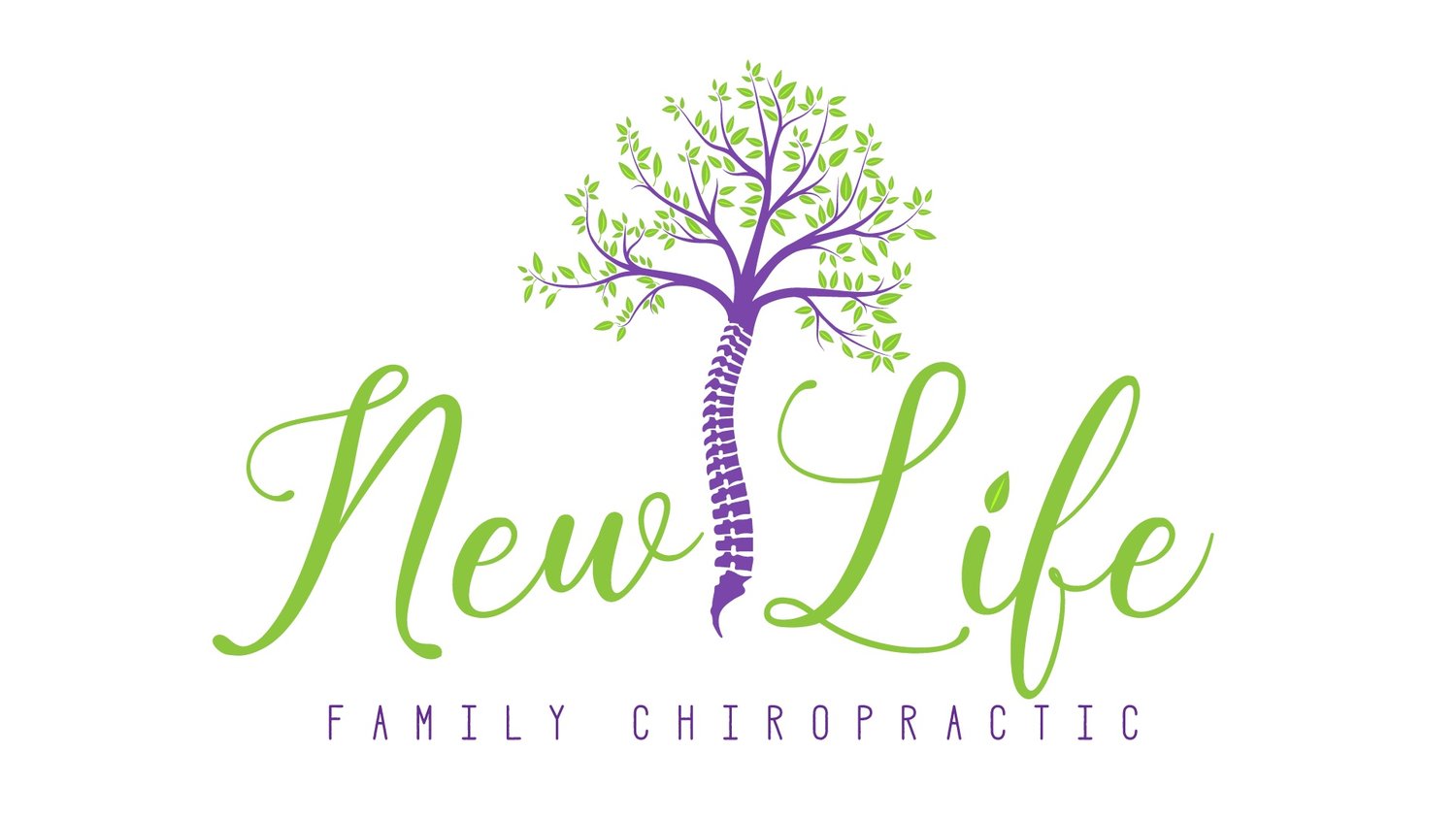stress leads to sickness
The Hidden Connection: Stress and Its Impact on Health
In today’s fast-paced world, stress has become a common part of our daily lives. From work deadlines to family responsibilities, we often find ourselves juggling numerous demands. While a certain level of stress can be beneficial, chronic stress can lead to serious health issues. Understanding the connection between stress and sickness is crucial for maintaining both our mental and physical well-being.
What Is Stress?
Stress is the body’s natural response to threats, challenges, and demands. When faced with a stressful situation, our bodies release hormones like adrenaline and cortisol, preparing us for a "fight or flight" response. This reaction can be helpful in short bursts, but when stress becomes chronic, it can have detrimental effects on our health.
The Physical Effects of Chronic Stress
Chronic stress can manifest in various physical symptoms and health issues, including:
Sleep Disorders: Stress can disrupt sleep patterns, leading to insomnia or poor-quality sleep. Lack of sleep can further exacerbate stress and create a vicious cycle that negatively impacts health.
Mental Health Disorders: Chronic stress can contribute to anxiety, depression, and other mental health disorders. The constant state of worry can lead to a cycle of negative thoughts, making it difficult to cope with daily life.
Cardiovascular Problems: Stress is a significant risk factor for heart disease. It can lead to increased heart rate, elevated blood pressure, and inflammation, all of which can damage the heart over time.
Digestive Issues: Stress can affect the digestive system, leading to symptoms such as stomach aches, irritable bowel syndrome (IBS), or even ulcers. The gut and brain are closely linked, and stress can disrupt the balance of bacteria in the gut, further complicating digestive health.
Weakened Immune System: Prolonged stress can suppress the immune response, making us more susceptible to infections, colds, and flu. Studies show that individuals under chronic stress are less likely to produce the antibodies needed to fight off illnesses.
Recognizing the Signs of Stress
It’s essential to recognize the signs of stress before it takes a toll on your health. Common indicators include:
Fatigue and lack of energy
Difficulty concentrating
Irritability or mood swings
Changes in appetite (overeating or undereating)
Physical symptoms like headaches, muscle tension, or stomach issues
Managing Stress for Better Health
While we may not be able to eliminate stress entirely, we can take steps to manage it effectively. Here are some strategies to help reduce stress and improve overall health:
Practice Mindfulness and Meditation: Mindfulness techniques can help ground you in the present moment, reducing anxiety and promoting relaxation. Consider incorporating meditation, deep breathing exercises, or yoga into your daily routine.
Exercise Regularly: Physical activity is a powerful stress reliever. Exercise releases endorphins, which can elevate your mood and reduce feelings of stress. Aim for at least 30 minutes of moderate exercise most days of the week.
Maintain a Healthy Diet: Eating a balanced diet rich in whole foods, fruits, and vegetables can help your body cope with stress more effectively. Avoid excessive caffeine and sugar, as they can contribute to anxiety and energy crashes.
Stay Connected: Reach out to friends and family for support. Sharing your thoughts and feelings with others can provide a sense of relief and help you gain perspective on your stressors.
Set Boundaries: Learn to say no and set limits on your commitments. Overloading yourself with responsibilities can lead to increased stress and burnout.
“Nerve System” Focused Chiropractic: Getting chiropractic adjustments can help by decreasing the body’s stress response. Many times patients note feeling more relaxed and rested after receiving treatment.
Conclusion
The link between stress and sickness is undeniable. By recognizing the signs of stress and taking proactive steps to manage it, you can protect your health and improve your overall quality of life. Remember, it’s okay to ask for help and prioritize your well-being. Taking care of yourself is not just a personal choice; it’s essential for a healthier, happier life.

